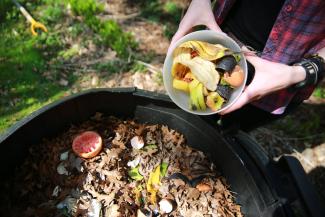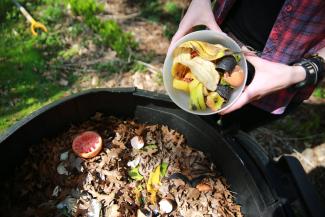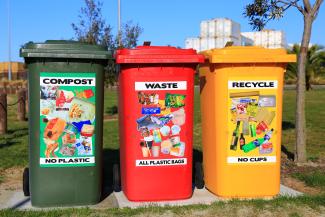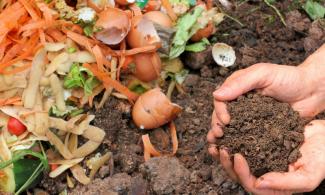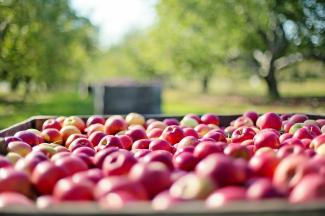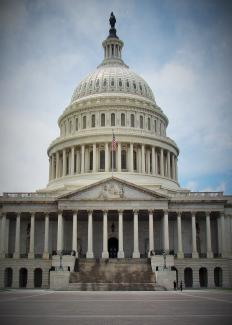New Model Ordinance Removes Zoning Barriers to Community Composting
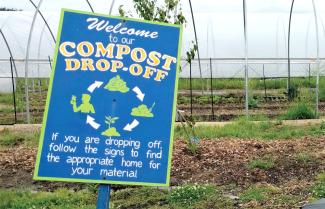
NRDC and the Environmental Law Institute (ELI) recently released a Model Municipal Zoning Ordinance on Community Composting, a template ordinance intended to advance community composting by establishing it as a permissible land use under a municipality’s zoning code—thus helping municipalities meet their climate and waste reduction goals while achieving various other co-benefits.
